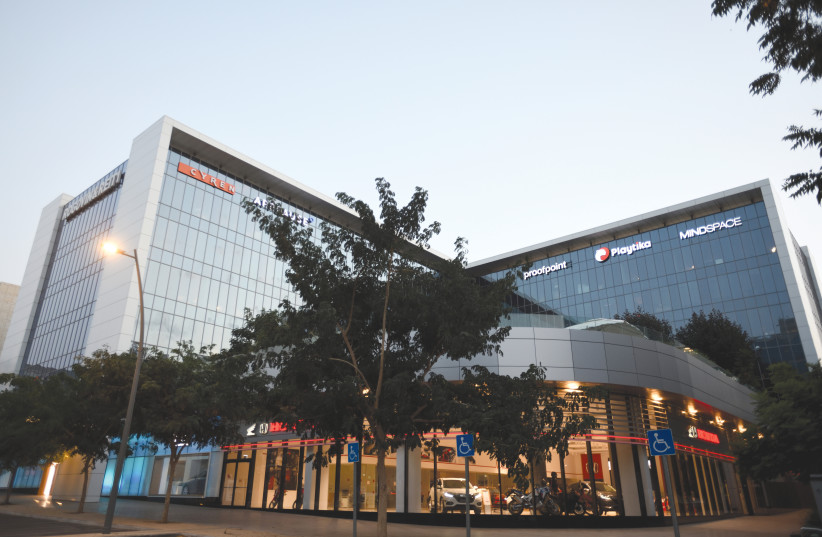Israeli hi-tech companies in New York City on Saturday night presented new technologies to dozens of UN ambassadors from various countries facing challenges in the field of medicine, water shortages and food.
The event was attended by Israel’s Ambassador to the UN Gilad Erdan and Israel Advanced Technology Industries President and CEO Karin Mayer Rubinstein.
“Thanks to creativity and innovation, Israeli companies provide solutions to the biggest problems in the world today,” said Erdan. “This will greatly increase the chances of expanding Israel’s economic cooperation with these countries and bringing our solutions to their citizens.”
The meeting follows widespread support at the UN last week for a proposal initiated by the Israeli UN delegation to promote agricultural technologies in developing countries and areas of drought and famine in the countries the ambassadors represent.
There was also a Hanukkah candle-lighting by Erdan and Rubinstein, together with the Moroccan Ambassador to the UN Omar Hilale, who joined in honor of the expansion of economic cooperation between Israel and Morocco.

Under new regulations recently approved by the Tax Authority, Israeli hi-tech workers abroad can receive tax benefits if they return to Israel, where their employers can also receive tax benefits. The new policy is aimed at solving a labor shortage in Israel’s burgeoning technology industry.
